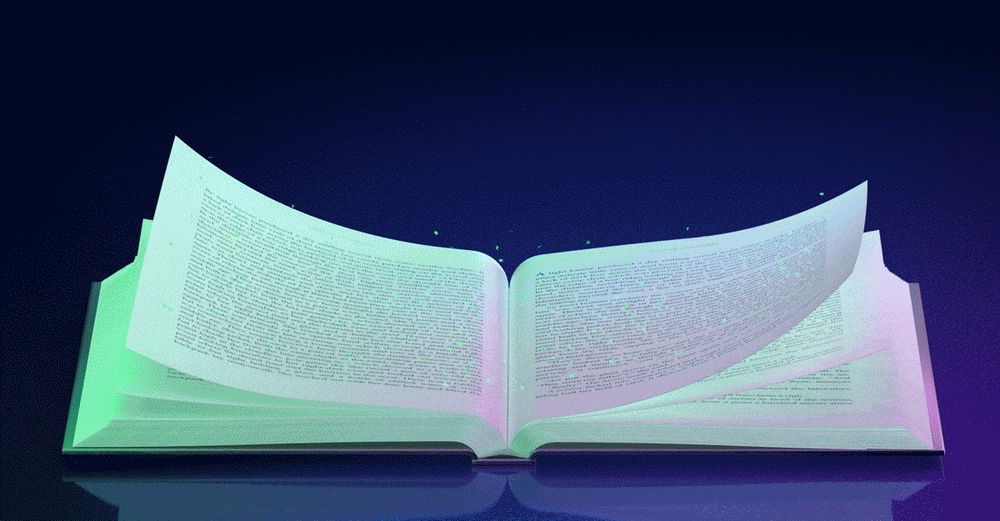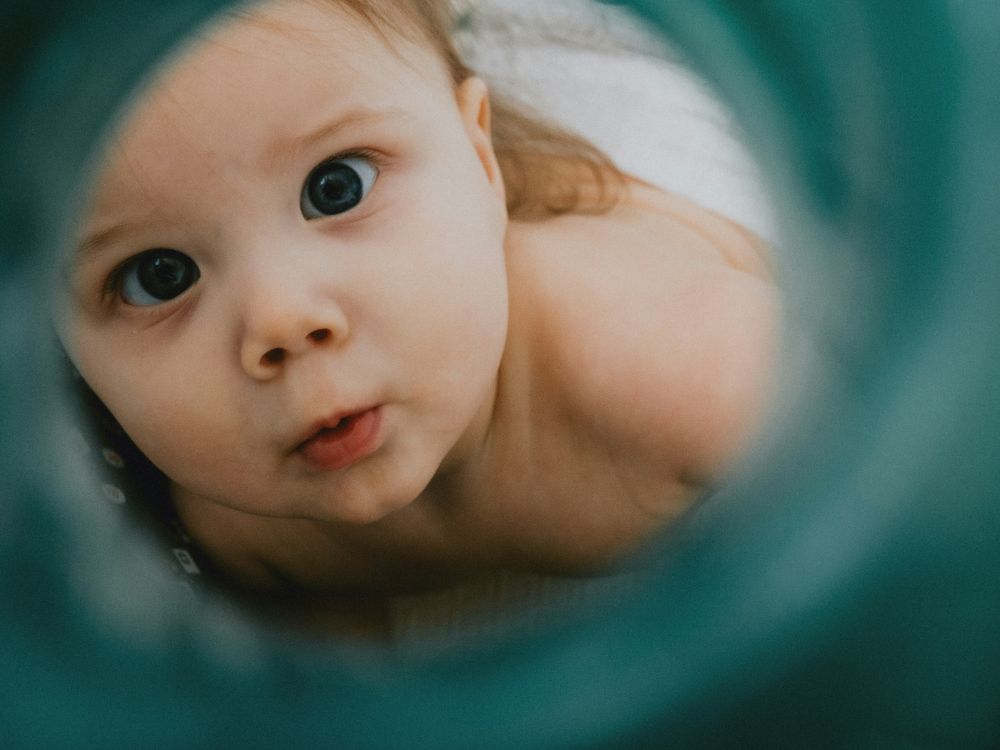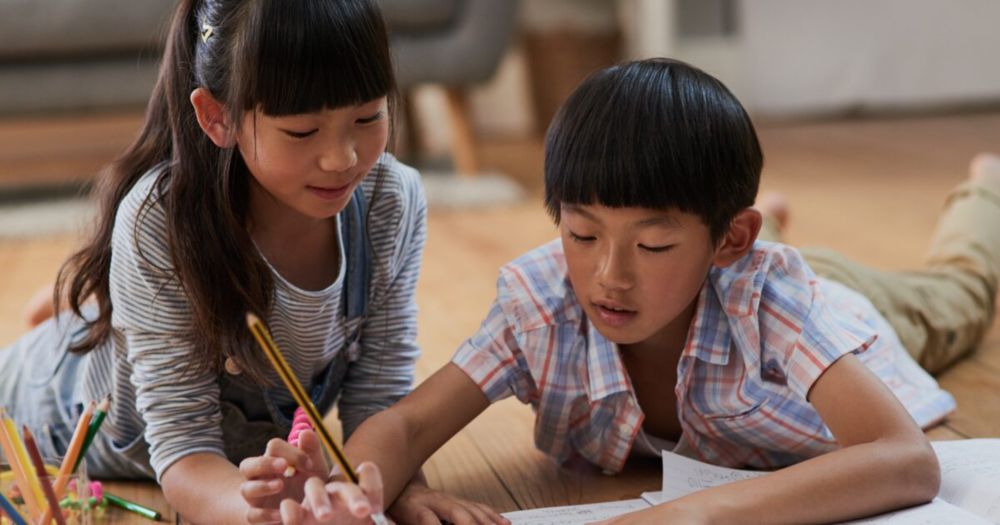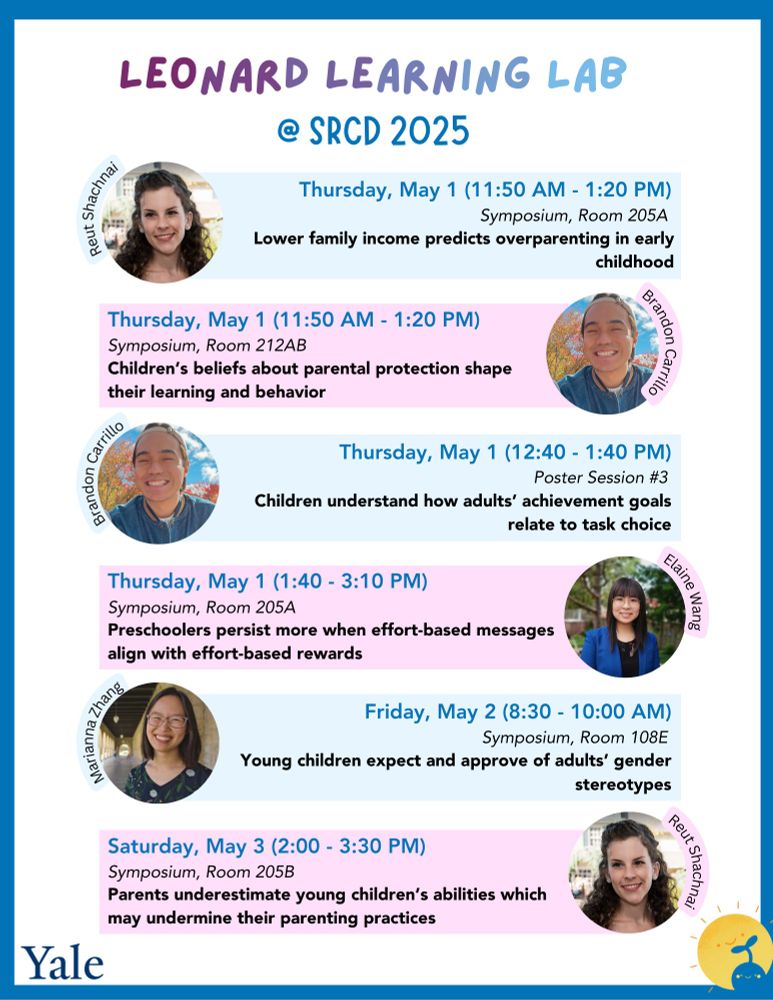Jellie Sierksma
@jelliesierksma.bsky.social
670 followers
580 following
29 posts
@Utrecht University (the Netherlands), Kids in Context - studies social development and how inequality impacts children
Posts
Media
Videos
Starter Packs
Reposted by Jellie Sierksma
Reposted by Jellie Sierksma
Reposted by Jellie Sierksma
Reposted by Jellie Sierksma
Reposted by Jellie Sierksma
Reposted by Jellie Sierksma
Reposted by Jellie Sierksma
Reposted by Jellie Sierksma
Reposted by Jellie Sierksma
Reposted by Jellie Sierksma


















